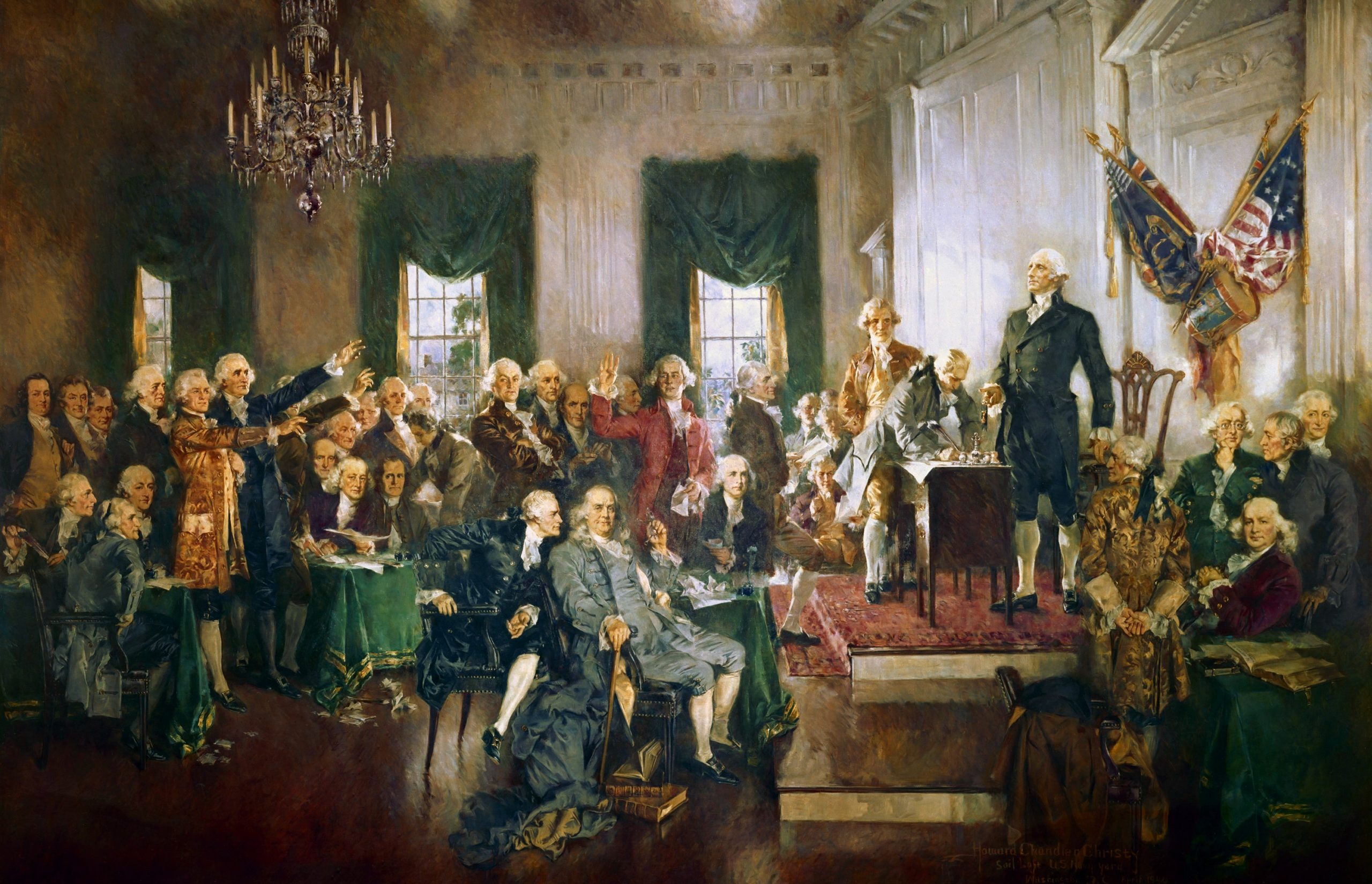The United States is the world’s oldest modern democracy. Its old age is a testament to the strength of the American system and the source of many of its failures. The founders had few examples of successful democracies that could serve as a model for their new form of government. The system they produced was an innovation, but it was far from perfect. And the imperfections, which were numerous, have proved stubbornly difficult to correct.
As the country has grown larger, more diverse and more urbanized, it has also grown more polarized. The Republican party has amassed the overwhelming support of white, rural voters, who have outsized power in the electoral system. The advantage is so great that Republicans can now win the White House, the House of Representatives and the Senate without winning a majority of voters.
This dynamic has fueled extremism and stymied progress on the most pressing issues, including climate change. Two-thirds of voters support President Joe Biden’s $2 trillion climate plan, but his policy has only the barest chance of passing Congress. That’s because Democrats have only the slimmest majority, despite winning the support of a large swath of the American public.
That brings us to our latest issue: how our broken system imperils our climate and what we can do to fix it.
We talk to a leading political scientist about how to make progress on climate change despite the enormous hurdles in Congress. We look at how major corporations have given Republicans permission to deny the reality of the climate crisis. We examine how gerrymandering has allowed Republican lawmakers to ignore voters, who want more protection from pollution. We explore why people of color, who worry more about climate change than their white counterparts, vote in the smallest numbers. And we ask what climate could mean for the future of U.S. democracy, as rising temperatures fuel more nationalism and authoritarianism.
While the founders could not have envisioned our current predicament, they did endow their successors with the ability to fix it. There are steps that lawmakers today can take to produce a system that is stronger, more nimble and more democratic. And in the age of climate change, doing so has never been more urgent.
“As new discoveries are made, new truths discovered and manners and opinions change with the change of circumstances, institutions must advance also to keep pace with the times.”
Thomas Jefferson
